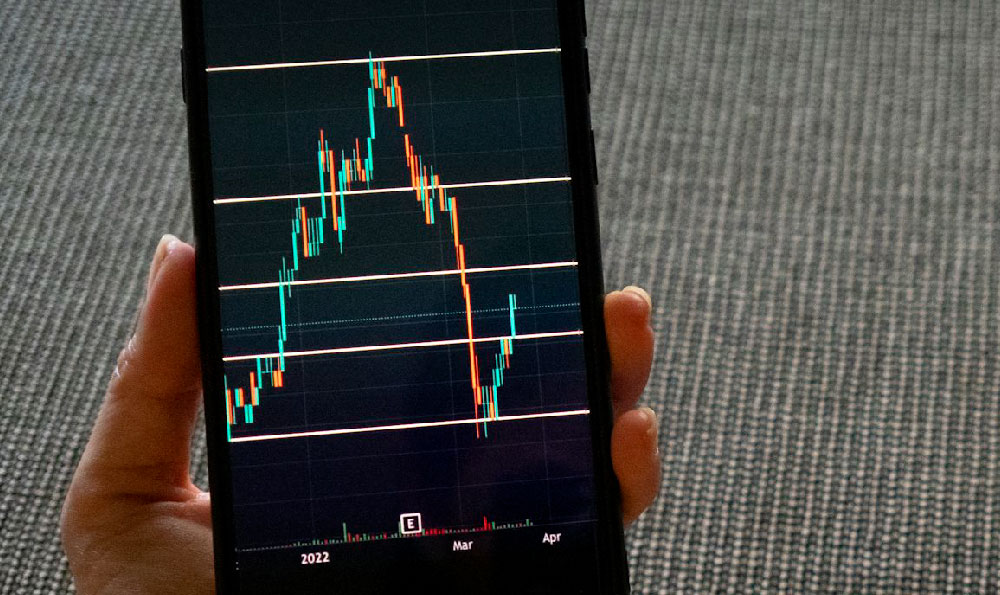Making Money in Apps: How and Where?

The allure of generating income through apps is undeniable, a testament to our increasingly digital lives. However, navigating this landscape requires a blend of understanding, strategy, and realistic expectations. It’s not a get-rich-quick scheme, but a potentially fruitful avenue for both passive and active income generation. The "how" and "where" of making money in apps are intertwined, depending heavily on your skills, resources, and chosen path.
The first fork in the road involves development. Can you code, design, and market an app yourself? If so, you have a head start, but be prepared for a significant time investment. Learning app development is an option, but it takes time and dedication. Alternatively, outsourcing development is a viable route, but requires careful vetting of developers and a clear understanding of project scope to avoid cost overruns and quality issues. Regardless of your development approach, thorough market research is paramount. Identify a need, analyze existing solutions, and differentiate your app. A unique selling proposition (USP) is essential for standing out in the crowded app stores.
Several monetization strategies exist. The most common is in-app advertising. Platforms like AdMob allow you to display ads within your app, earning revenue based on impressions or clicks. However, excessive or poorly placed ads can negatively impact user experience, potentially leading to app uninstalls. A balanced approach is key, considering user preferences and ad relevance. Another popular strategy is in-app purchases. This model allows users to download the app for free and then purchase additional features, content, or virtual items within the app. This works particularly well for games, utility apps, and subscription-based services. Premium versions of apps, offering enhanced features or ad-free experiences, are also a common monetization method.

Subscription models are gaining traction, particularly for apps providing ongoing value, such as streaming services, productivity tools, and educational platforms. The key to a successful subscription model is consistent content updates and valuable features that justify the recurring fee. Freemium models combine free and premium elements, allowing users to experience the core functionality of the app for free while offering premium features through paid upgrades or subscriptions. This approach can attract a large user base, converting a percentage into paying customers.
Another, less direct approach to app-based income is through affiliate marketing. This involves promoting other products or services within your app, earning a commission on sales generated through your referral links. This requires careful selection of relevant products or services that align with your app's target audience.
Choosing the right platform is critical. Apple's App Store and Google Play Store are the dominant players, each with its own strengths and weaknesses. The App Store is known for its higher average revenue per user, while the Google Play Store has a larger overall user base. Developing for both platforms maximizes potential reach but requires additional resources. Niche app stores also exist, catering to specific audiences or devices, but their potential reach is significantly smaller.
Beyond development and monetization, marketing is crucial for app success. App Store Optimization (ASO) is essential for improving your app's visibility in search results. This involves optimizing your app's title, keywords, description, and screenshots to attract relevant users. Social media marketing, content marketing, and paid advertising can also be effective ways to promote your app and drive downloads. Building a community around your app can foster user engagement and loyalty.
Furthermore, data analysis is indispensable. Track key metrics such as app downloads, user engagement, retention rates, and revenue to identify areas for improvement. A/B testing different marketing strategies and app features can help optimize your approach for maximum results. Continuous monitoring and adaptation are essential for long-term success. Don't be afraid to iterate on your app based on user feedback and market trends.
The "where" of making money in apps is largely determined by your app's category and target audience. Gaming apps, for instance, often rely on in-app purchases and advertising, while productivity apps may favor subscription models. E-commerce apps can generate revenue through direct sales and transaction fees. The location of your target audience also matters. Some countries have higher app spending rates than others, influencing your monetization strategy.
However, bear in mind the risks. The app market is competitive, and success is not guaranteed. Development costs can be significant, and marketing expenses can quickly add up. Changes in platform policies or technology can disrupt your business model. Intellectual property protection is also important, particularly if your app involves unique algorithms or designs.
Ultimately, making money in apps requires a comprehensive strategy encompassing development, monetization, marketing, and data analysis. It demands continuous learning, adaptation, and a willingness to invest time and resources. It is essential to approach app development with a business mindset, viewing it as a long-term investment rather than a quick fix. Thorough planning, execution, and ongoing optimization are key to unlocking the potential of app-based income generation. Remember to diversify your income streams and never put all your eggs in one basket. Even the best apps can fade into obscurity if not maintained and updated regularly. Consider user feedback paramount and adapt accordingly. Always keep a watchful eye on market trends, new technologies, and competitor activity. By staying informed, agile, and user-focused, you significantly increase your chances of success in the dynamic world of app monetization.















